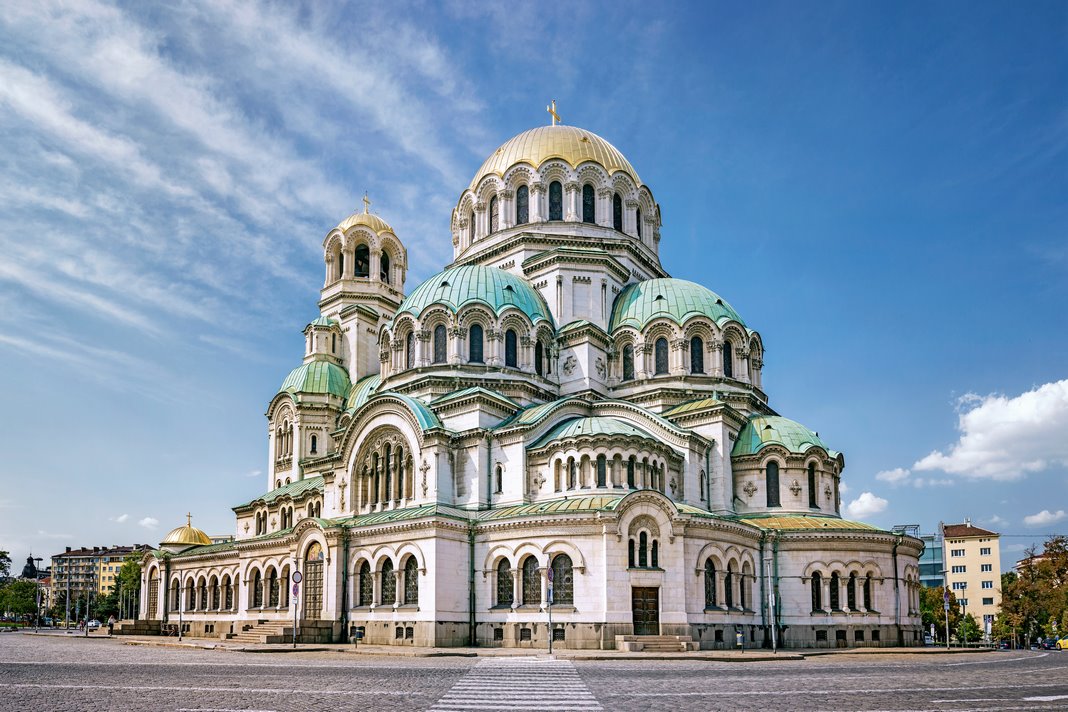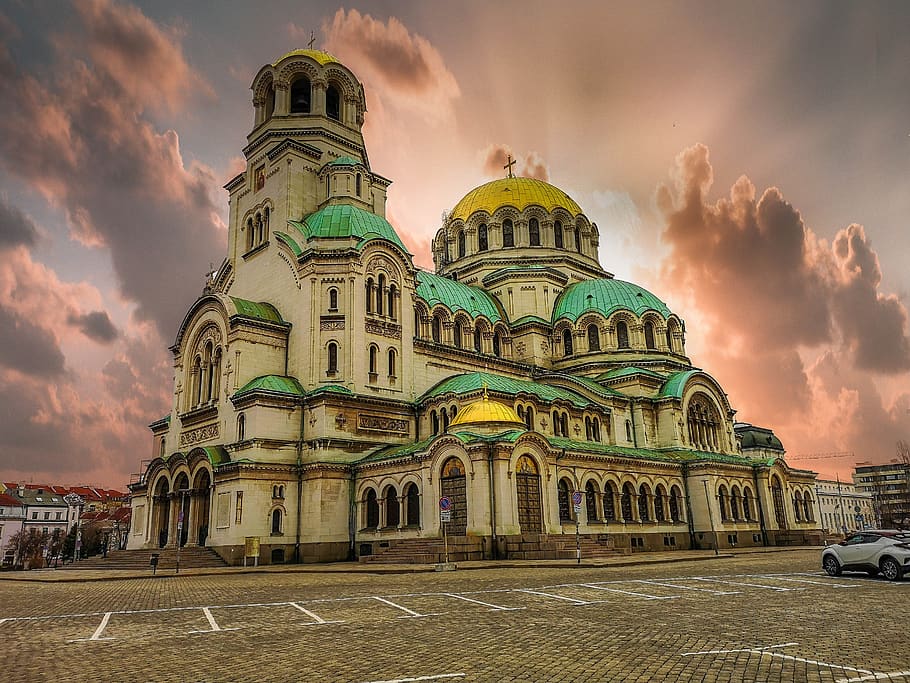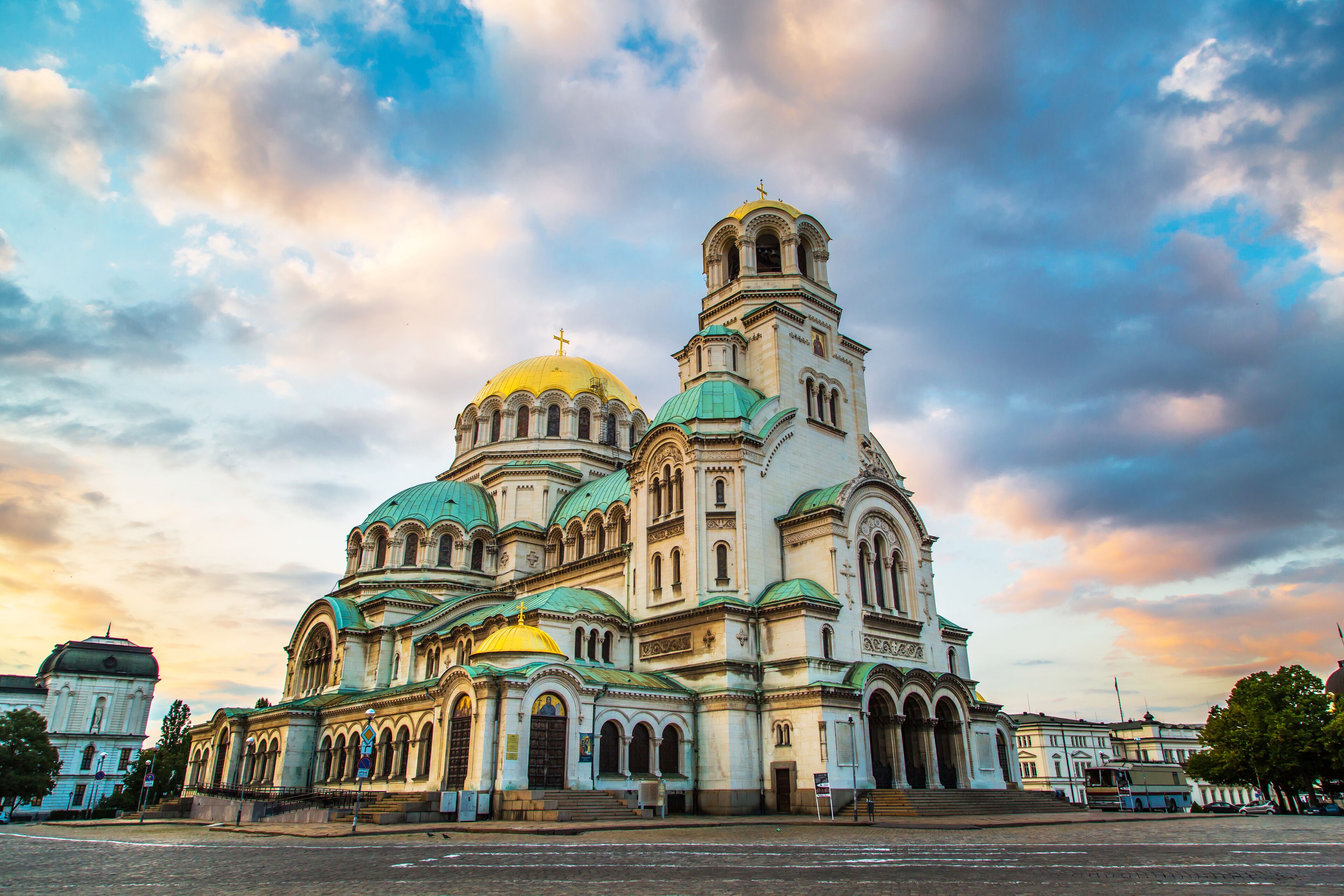Is Sofia Coppola A Nepo Baby? A Look At Talent And Legacy
The idea of someone getting a head start in a creative field, just because of who their family is, often sparks a lot of talk. It's a discussion that, quite honestly, has a lot of stories to tell, and each one gives you a new perspective on a somewhat complicated past in industries like film. People often wonder if success comes purely from hard work and skill, or if a famous last name opens doors that stay shut for others. It’s a very human question, really, about fairness and opportunity.
When we think about someone like Sofia Coppola, this question comes up quite a bit. She has, you know, a very well-known father in the film world, and that's just a fact. So, it's natural for folks to ask if her path to becoming a respected director was, perhaps, made a little smoother by that connection. This isn't about taking away from her own work, but more about looking at the wider picture of how things sometimes work in Hollywood.
This discussion, in a way, touches on something that feels a bit like exploring a city with a rich history and contemporary urban charm, where ancient history meets modern culture. You see the old foundations and how new things have been built on top, creating something unique. Similarly, we can look at Sofia Coppola's career through the lens of both her family's long history in cinema and her own distinct contributions.
Table of Contents
- Who Is Sofia Coppola? A Brief Biography
- Sofia Coppola: Personal Details and Bio Data
- The "Nepo Baby" Label: What Does It Really Mean?
- Sofia Coppola's Early Steps and Family Ties
- Her Distinctive Voice and Artistic Path
- The Arguments For and Against the Label
- Awards and Critical Recognition
- The Ongoing Conversation About Privilege
- Frequently Asked Questions About Sofia Coppola and Nepotism
Who Is Sofia Coppola? A Brief Biography
Sofia Coppola, born in New York City, grew up around film sets, which, you know, makes a lot of sense given her family. Her father is Francis Ford Coppola, a truly legendary director, and her mother, Eleanor Coppola, is a documentary filmmaker and artist. This background meant she was exposed to the world of movies from a very young age. She had, in a way, a front-row seat to how films get made, which is pretty unique.
She even had some small acting roles when she was younger, most notably in her father's film, "The Godfather Part III." But, it seemed, her true calling was always behind the camera, not in front of it. She started making short films and then moved into directing feature films, where she really found her own kind of style. Her films often have a very particular feel, a quiet sort of beauty, and they usually focus on young women trying to figure things out. It's a very recognizable touch, that.
Her work has, you know, garnered a lot of attention and praise over the years. She’s become a notable figure in her own right, separate from her famous family, though the connection is always there, of course. She has a way of telling stories that, well, just feels different, a bit more personal, perhaps.
Sofia Coppola: Personal Details and Bio Data
| Full Name | Sofia Carmina Coppola |
| Date of Birth | May 14, 1971 |
| Place of Birth | New York City, USA |
| Parents | Francis Ford Coppola (Father), Eleanor Coppola (Mother) |
| Occupation | Filmmaker, Screenwriter, Producer, Former Actress |
| Notable Works (Selected) | The Virgin Suicides, Lost in Translation, Marie Antoinette, Somewhere, The Beguiled, Priscilla |
| Awards (Selected) | Academy Award for Best Original Screenplay (Lost in Translation), Golden Lion (Venice Film Festival for Somewhere), Best Director (Cannes Film Festival for The Beguiled) |
The "Nepo Baby" Label: What Does It Really Mean?
The term "nepo baby," it's almost everywhere these days, isn't it? It basically refers to someone whose parents or other close relatives are famous or powerful, especially in the entertainment business, and who then seems to get a leg up in their own career because of those connections. It suggests that their success might not be purely due to their own talent or hard work, but also to the doors that were, you know, already open for them. It's a simple phrase, but it carries a lot of weight and sparks quite a bit of debate.
This idea, in a way, brings up questions about fairness and equal opportunity. People wonder if these "nepo babies" truly earn their spots or if they just, sort of, inherit them. It's a discussion that has a history stretching over seven millennia in human societies, where family ties have always played a part in status and opportunity, but in modern times, we tend to value individual merit a bit more, that's just how it is. So, when someone gets a boost from their family, it can feel a little off to some folks.
It's not always about a lack of talent, though. A person can be a "nepo baby" and still be incredibly skilled. The label just points to the initial advantage, the easier access to networks, resources, and opportunities that others might struggle for years to get. It's a way of talking about privilege, really, and how it shapes different paths in life, especially in creative fields where getting noticed is, you know, half the battle.
Sofia Coppola's Early Steps and Family Ties
Sofia Coppola's early journey into filmmaking is, you know, pretty much inseparable from her family's standing in Hollywood. Her father, Francis Ford Coppola, is a titan of cinema, and her early exposure to film sets and the industry's inner workings was, quite frankly, unlike what most aspiring filmmakers experience. She was literally born into a world where film was the family business, and that's just a fact. This meant she grew up seeing how films are made, meeting famous actors and directors, and understanding the creative process from a very young age.
Her acting roles, particularly in "The Godfather Part III," put her in the public eye early on, though those roles were, you know, often met with mixed reviews. This early exposure, good or bad, gave her a level of recognition that many new artists only dream of. It's like, in a way, she was already a known name before she even truly started her own work behind the camera. This kind of platform is, you know, a very real advantage.
When she moved into directing, her first feature film, "The Virgin Suicides," was produced by her father's company, American Zoetrope. This kind of support from an established family enterprise is, honestly, a huge leg up. It means access to funding, experienced crews, and distribution channels that are typically very hard for newcomers to get. It's like having a well-known, established landmark in a city; people know where it is, and they trust it, so it's easier to find your way around, and that's just how it is. This doesn't mean she didn't work hard, but it does mean she started from a very different place than most.
Her Distinctive Voice and Artistic Path
Despite the undeniable family connections, Sofia Coppola has, you know, truly carved out her own artistic niche. Her films have a very particular aesthetic and a consistent set of themes that feel very much her own. She often explores feelings of isolation, melancholy, and the quiet struggles of young women, especially those in privileged or unusual circumstances. This is a very specific lens, and she uses it with, you know, a real sense of purpose.
Take "Lost in Translation," for example. That film really showcased her ability to capture subtle emotions and create a mood that lingers. It's a story that, in a way, feels very personal, even if it's not directly autobiographical. Her visual style, too, is very distinct: often soft, dreamlike, and with a keen eye for composition. These are not qualities that can simply be inherited; they are, you know, developed through vision and practice.
Her choice of projects, too, suggests an independent artistic spirit. She doesn't just make big, commercial blockbusters, which she could probably do with her family's connections. Instead, she often chooses smaller, more intimate stories that allow her to explore human experience in a quieter way. This dedication to her own unique storytelling approach is, quite frankly, a sign of a genuine artist, and that's just a fact. It's like discovering a hidden gem in a well-known city, something delightful and unique that stands apart from the usual tourist spots.
The Arguments For and Against the Label
The debate about whether Sofia Coppola is a "nepo baby" has, you know, quite a few angles. On one side, people point to her family background as a clear advantage. Her father's name, his network, and his production company certainly gave her access to resources and opportunities that most aspiring filmmakers simply don't have. It's hard to argue that her path wasn't, in some respects, made easier because of those connections. She didn't have to struggle to get her first film made in the same way many others do, and that's just how it is.
However, the counter-argument is just as strong: having a famous parent might open doors, but it doesn't guarantee talent or sustained success. In fact, it can sometimes create even more pressure and scrutiny. People expect more, and any misstep can be magnified. Sofia Coppola has, you know, continued to make films that are critically acclaimed and often resonate with audiences, showing a consistent artistic vision. She has won major awards, which suggests that her work stands on its own merit. It's like, you know, a famous landmark; people come to see it because of its reputation, but it stays famous because of its inherent beauty or significance.
Moreover, some argue that creative talent is, in a way, often passed down through families, whether it's through genetics or simply growing up in an environment that fosters artistic expression. It's not just about who you know, but also about the early exposure to ideas and practices that shape your worldview. So, while the "nepo baby" label highlights privilege, it doesn't necessarily negate the individual's talent or hard work. It's a complicated discussion, really, with a lot of layers, and that's just a fact.
Awards and Critical Recognition
One of the strongest pieces of evidence for Sofia Coppola's individual merit comes from the awards and critical recognition her films have received. She isn't just, you know, coasting on her family's name; her work has been honored by some of the most prestigious film bodies in the world. This kind of recognition really speaks volumes about the quality of her storytelling and her direction.
Her film "Lost in Translation" is a very clear example. It earned her an Academy Award for Best Original Screenplay, and she was also nominated for Best Director and Best Picture. Winning an Oscar is, quite frankly, a huge achievement for any filmmaker, and it's a testament to the unique vision she brought to that particular story. This wasn't just, you know, a small independent film that got a bit of buzz; it was a widely acclaimed work that resonated with critics and audiences alike.
She also made history at the Cannes Film Festival, becoming only the second woman ever to win the Best Director award for "The Beguiled" in 2017. This kind of recognition from a major international festival is, you know, a very significant milestone. It shows that her peers and the wider film community see her as a director of real skill and artistry. Her films have, in a way, become landmarks in their own right, much like the imposing Alexander Nevsky Cathedral is considered a landmark of Sofia, Bulgaria. These achievements suggest that while her family might have opened the first door, her talent is what has kept her walking through many more.
The Ongoing Conversation About Privilege
The discussion around "nepo babies" and Sofia Coppola's place within it is, you know, part of a much larger conversation about privilege in creative industries. It forces us to think about how access and opportunity are distributed, and whether the playing field is truly level for everyone. This isn't just about Hollywood; it's a topic that comes up in many fields, from business to politics, and that's just how it is.
It's important to remember that acknowledging someone's privilege doesn't, you know, automatically mean dismissing their talent or hard work. It's more about understanding the full context of their journey. Sofia Coppola has, quite clearly, shown a distinct voice and artistic integrity throughout her career. She has, in a way, taken the opportunities given to her and built something truly unique with them.
Ultimately, the "nepo baby" label is, you know, a simplification of a very complex reality. It highlights a real issue of inherited advantage, but it often overlooks the individual's effort and skill. For Sofia Coppola, her body of work speaks for itself, offering a compelling case for her talent, regardless of her famous lineage. It's a conversation that will, apparently, continue as long as there are famous families and aspiring artists. You know, you can learn more about Hollywood's evolving landscape on our site, and for a deeper look into the lives of other creative figures, link to this page here

Where to Stay in Sofia: 10 Best Areas - The Nomadvisor

Sofia 1080P, 2K, 4K, 5K HD wallpapers free download | Wallpaper Flare

Sofia Private Guided Walking City Tour